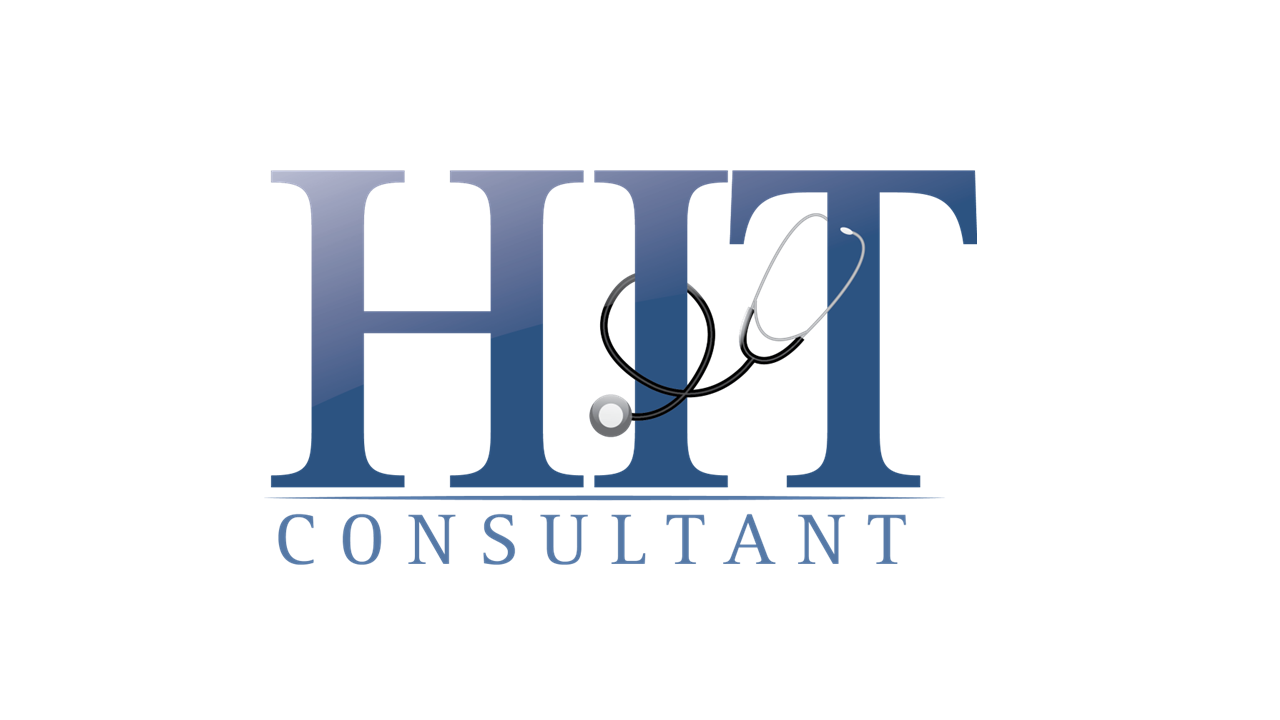What You Should Know:
- A new report by HFS Research, in collaboration with Cognizant, sheds light on critical trends shaping the future of healthcare in the United States. The report, titled “Re-energize Health Consumer Engagement and Bridge the Payer-Provider Divide with GenAI,” explores the potential of Generative Artificial Intelligence (GenAI) and vertical integration to improve healthcare delivery.
- The report also emphasizes that the healthcare system must embrace new approaches and technologies like GenAI to address current challenges and create a future with improved health outcomes and a more engaged patient population.
Key Findings and Challenges
The report surveyed C-suite executives and senior leaders from 350 US health plans and health systems. Key findings include:
- Disconnects Between Payers and Providers: A significant gap exists between health plans (payers) and health systems (providers) in understanding member/patient needs. While 50% of health plans believe they possess the digital tools to meet these needs, only 40% claim to truly understand them. This disconnect can negatively impact patient engagement and health outcomes.
- Deteriorating Health Outcomes: The US healthcare system faces declining life expectancy, rising chronic conditions, and mental health epidemics. These factors necessitate a focus on the “triple aim” of healthcare: reducing costs, enhancing patient experience, and improving health outcomes.
- GenAI’s Potential: 25% of providers plan to leverage GenAI for patient engagement, including personalization in acute care settings, customized recovery and wellness content, and generating medical summaries. However, a lack of talent with skills in programming, data science, and domain expertise remains a hurdle to widespread adoption.
- Leadership Ambivalence: While healthcare leadership expresses interest in GenAI, concerns exist about its actual impact.
View the article
